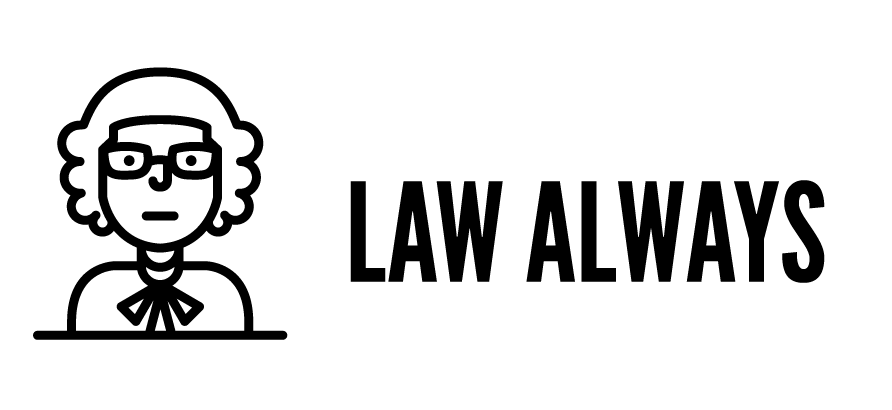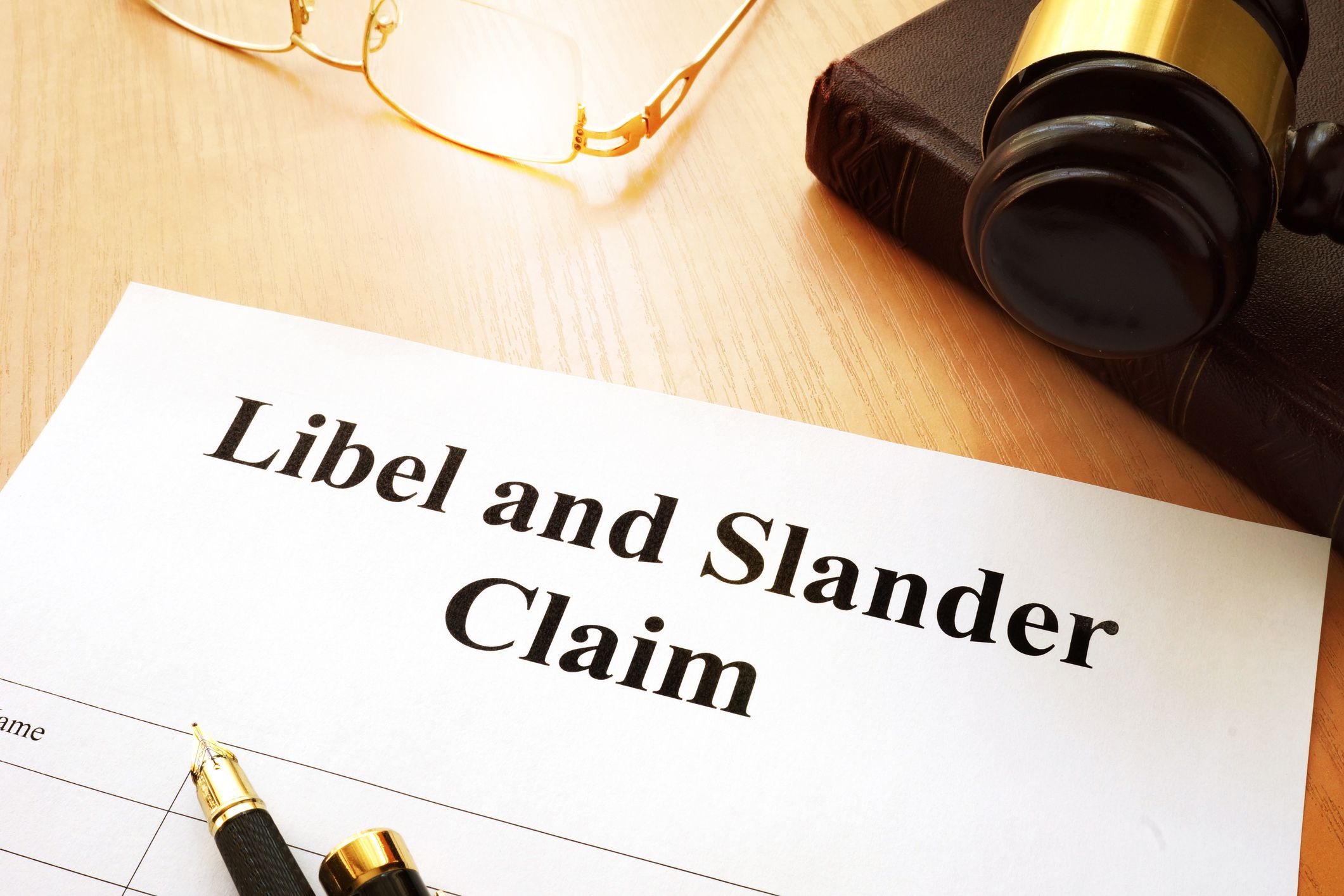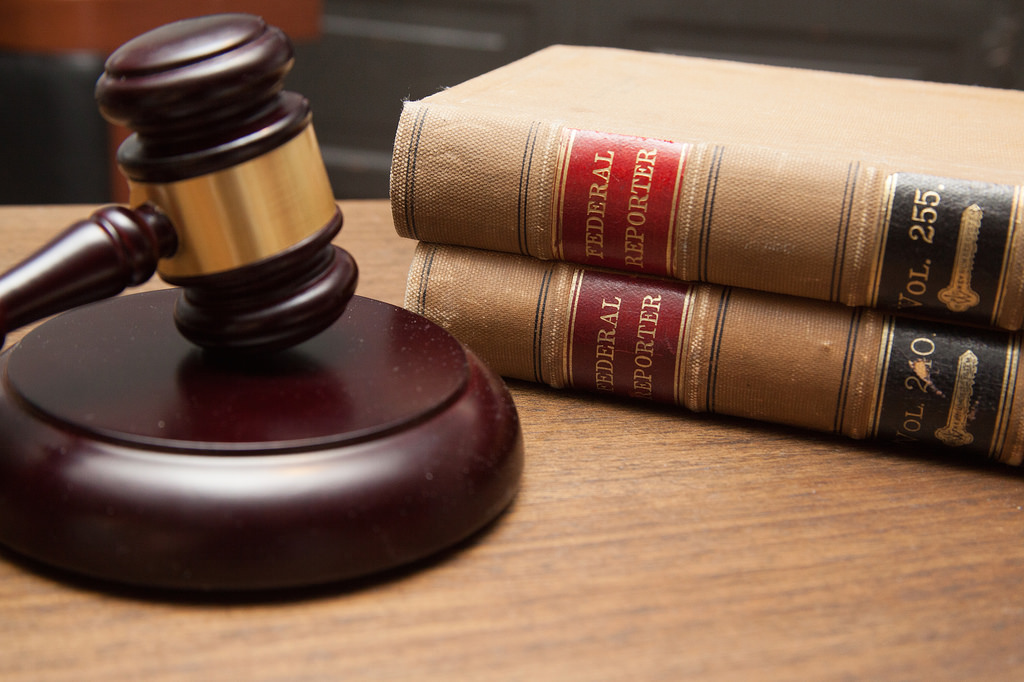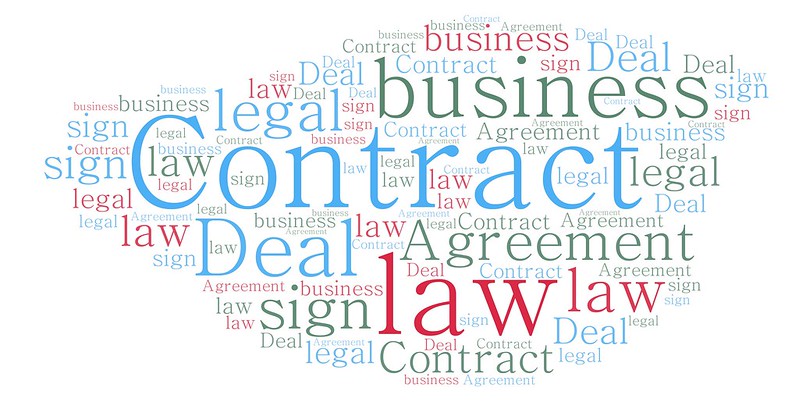Libel and slander are the two terms in defamation that often get confused with each other. Both of these terms are critically important to distinguish as they have different sources of defamation. This post will help you understand the difference between libel and slander.
If you’re not officially familiar with the word “defamation,” you should know the actual meaning of the word first.
Defamation is the untrue or false statements that one person makes about another person. This can result in the critical degradation of the victim’s reputation, business, or mental health. In that case, the victim can file a lawsuit against the accuser.
Not all defamation is malicious intent, sometimes it is made with negligence. However, if a person has the malicious intention of jeopardizing someone’s image, he/she becomes liable for defamation, both civil and criminal. Therefore, defamation can be intentional or unintentional.
Now when we’ve got straight with the term defamation, let’s dig in for the difference between libel and slander.
Libel
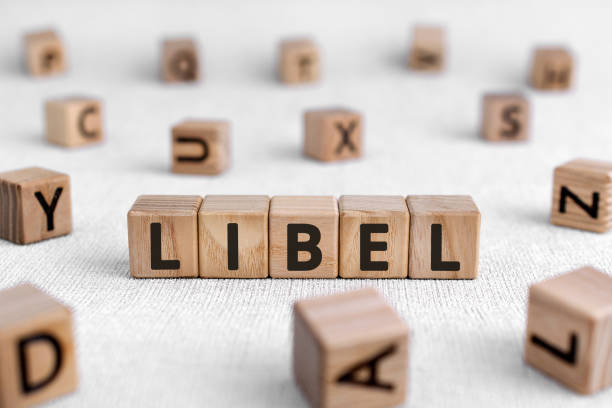
A libel is an untrue, defamatory statement made in writing by someone. This means that if someone accuses another person in writing, such as in a newspaper article, blog post, blog comment, social media post, magazine article, and so on, this kind of defamation is considered libel. But, for a statement to be libel, it should be false and shouldn’t have any supporting facts.
In such a case, the plaintiff has a full right to sue the libelant if the false statement causes damage to his reputation and mental health.
For example, in the most recent popular defamation case involving celebrities Johnny Depp and Amber Heard, the defamation was filed against Ms. Heard because she completely sabotaged his career by making false statements in the media. In their case, the source of libel defamation is photos, videos, messages, newspaper articles, and so on.
Slander
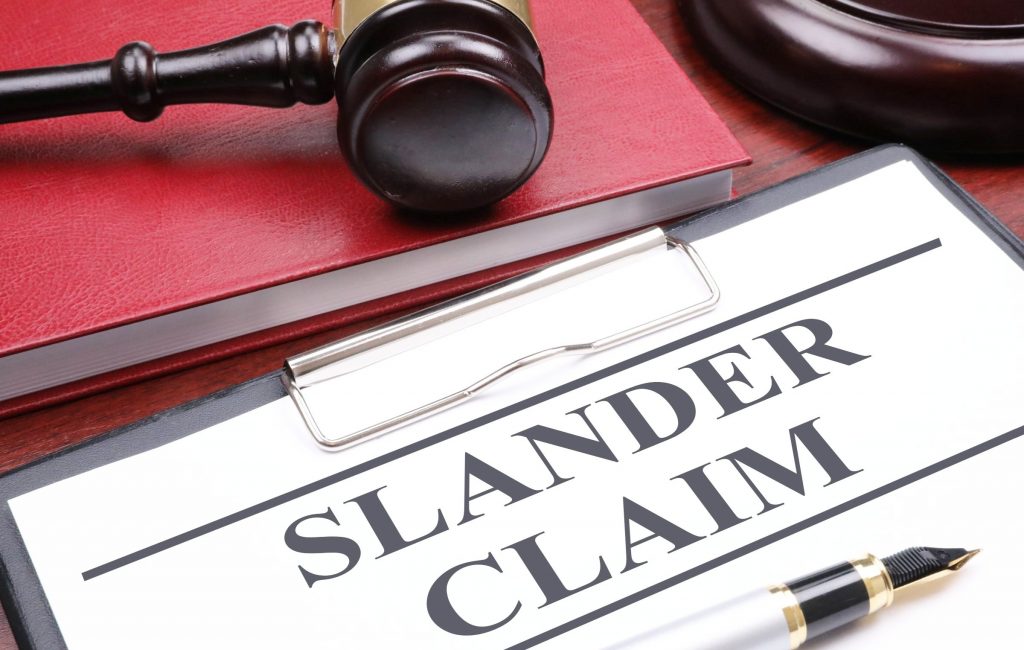
A Slander is an oral false defamation statement. The false oral statements must be backed up with facts before being lawfully inaccurate. This means an opinion doesn’t count as a slander. For example, if a person at a job says, “I think X takes credit for another person’s work,” this statement is purely an assumption of one person and doesn’t count as slander.
However, if the same statement is made, such as, “X takes credit for another person’s work,” this accusation isn’t true. and the consequence of the accusation takes away X’s job and debases his/her professional image. Then, X can sue that person for making the untrue accusation.
Any untrue statements, such as committing a serious crime, having a contagious illness, or professional incompetency, can be regarded as unlawful. Also, these statements should be made to a third party before becoming slander. Here, truth is the absolute entity of defense.
A common way to defend against slander defamation lawsuits is through “opinion”. A person can claim that he/she made such a statement that is purely based on his/her opinion and doesn’t support any facts. It won’t work in some cases, but an opinion can act as a strong defense to get away from the penalties. But, if someone’s opinion is taken seriously by other people, and consequently injures the victim’s image, it can be put under slander.
Difference between Libel and Slander
Libel and Slander are both defamation types but the fundamental difference between the two is the source from which they come.
| Libel | Slander | |
| Description | Libel is a false defamatory statement made in writing that can cause injury to an individual’s reputation, product, business, group, religion, government, or nation. Libel is defined as an untrue written accusation that is made to a third party. . | Slander is a false defamatory statement made orally that can cause injury to an individual’s business, reputation, product, group, religion, nation, or government. An untrue oral statement to a third party is considered slander. |
| Form | Print, writing, pictures | Oral, or gestures |
| Cause of action | The cause of action for libel defamation is deliberately debasing the reputation of a subject with known or unknown facts. The information is disseminated to a third party for defamation. | The cause of action of slander is an oral statement by a person who knowingly or unknowingly debases the reputation of the subject. The statement that the speaker makes in slander defamation may know it is false and choose to ignore it. |
| Who to sue | The accuser who made wrong written statements. | The accuser made untrue statements orally or through gestures. |
| Negation | When the statement made is true, then there is no penalty against the accuser. It’s not considered a crime if the claimed statements about a person are true. | When the statement made is in fact true, then there is no penalty against the accuser. It’s not considered a crime if the claimed statements about a person are true. |
| Remedies | The plaintiff gets compensation in monetary form from the accuser. | The plaintiff gets compensation in the monetary form for the caused damages from the accuser. |
| Punishment | Generally civil, the punishment is monetary. Seditious libel (statements for defaming a government or public official), punishment is imprisonment. | Generally civil, monetary penalty |
| Legal Implications | It doesn’t need any legal damage proof. | It doesn’t need any legal damage proof. |
| Limitations | 6 years | 2 years |
If the accuser proves that the demeaning statements against a person are truthful with facts from legitimate sources, then he/she is not penalized. Therefore, in such cases, it is not considered a crime.
However, if the statement is false and the person didn’t check for the legitimate sources, this amounts to negligence on his/her part and is still considered unethical. Then, the affected person can sue him/her for such actions. He/she has to go through lawsuits and penalties for making false defaming statements.
Also, if defamation is made against a public figure, the case becomes complicated and high standards are required. A public figure will also have to prove that the accuser has a deliberate intention to defame him/her.
Conclusion
Libel and slander are two sides of the same coin when it comes to defamation. Both can be prosecuted with a lawsuit. And the victim has the right to sue the person who made the wrong accusation against him/her. The basic difference between libel and slander is that libel is an untrue defamation statement in writing or published form, whereas slander is an untrue defamation statement in oral or gesture form.
